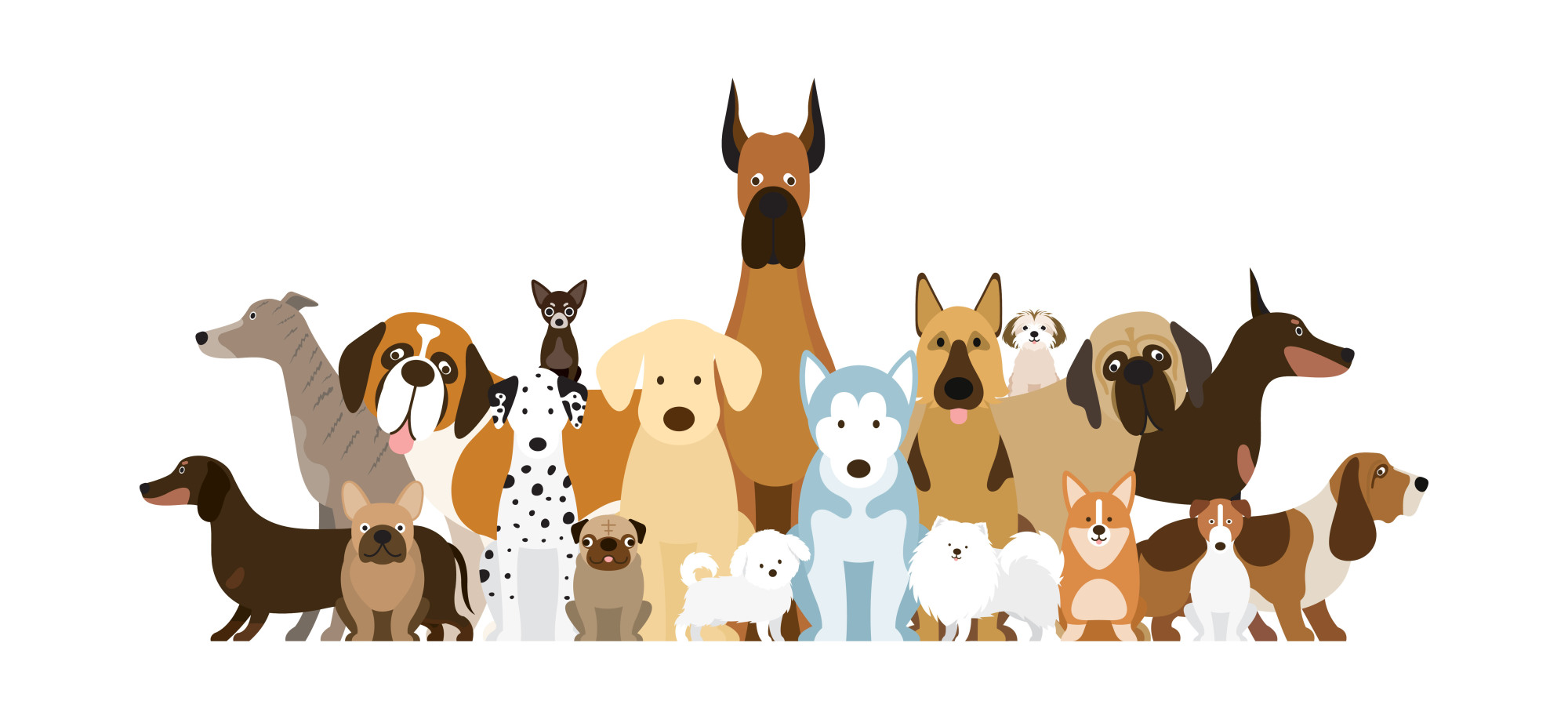With the success of 2018's "The Traveling Cat Chronicles" joining a clutter of famous feline-linked Japanese tales, cats definitely receive literary affection in Japan. Yet as this year's "Of Dogs and Walls" by Yuko Tsushima shows, we can't forget the literary canine either. To close out the Year of the Dog, here's the best in canine literature in Japan.
Think of the gesaku literary tradition as the Edo Period (1603-1868) version of the mass-market paperback: popular, engaging stories meant to be enjoyed. "The Eight Dog Chronicles," Kyokutei Bakin's sprawling epic of eight samurai half brothers descended from a dog, took nearly 30 years to write (1814-42) and covers the thrilling Sengoku period of warfare in Japan. Marked by literary wordplay and Buddhist philosophy, it's one of the world's longest novels and enjoyed enormous popularity during publication. Moving into the 21st century, modern adaptations are frequently made — everything from anime to stage plays to kabuki. A partial translation is available from Columbia University Press' "Early Modern Japanese Literature Anthology (1600-1900)."
A modern dog novel, historically ambitious in scope, was written by Hideo Furakawa in 2005, "Belka, Why Don't You Bark?" Translated by Michael Emmerich, Furukawa sniffs out the historically accurate use of dogs during military combat by chronicling the lives of four army canines abandoned in 1943 on the Aleutian Islands after a battle. We follow the misadventures of these four dogs and their offspring as they travel around the globe in the 20th century of war, from World War II to the Korean War, the Cold War (where the Soviet-U.S. space race included sending dogs up in space), the Vietnam War and the wars in Afghanistan. It's a fantastical dog's perspective of war-mongering humanity.


















With your current subscription plan you can comment on stories. However, before writing your first comment, please create a display name in the Profile section of your subscriber account page.